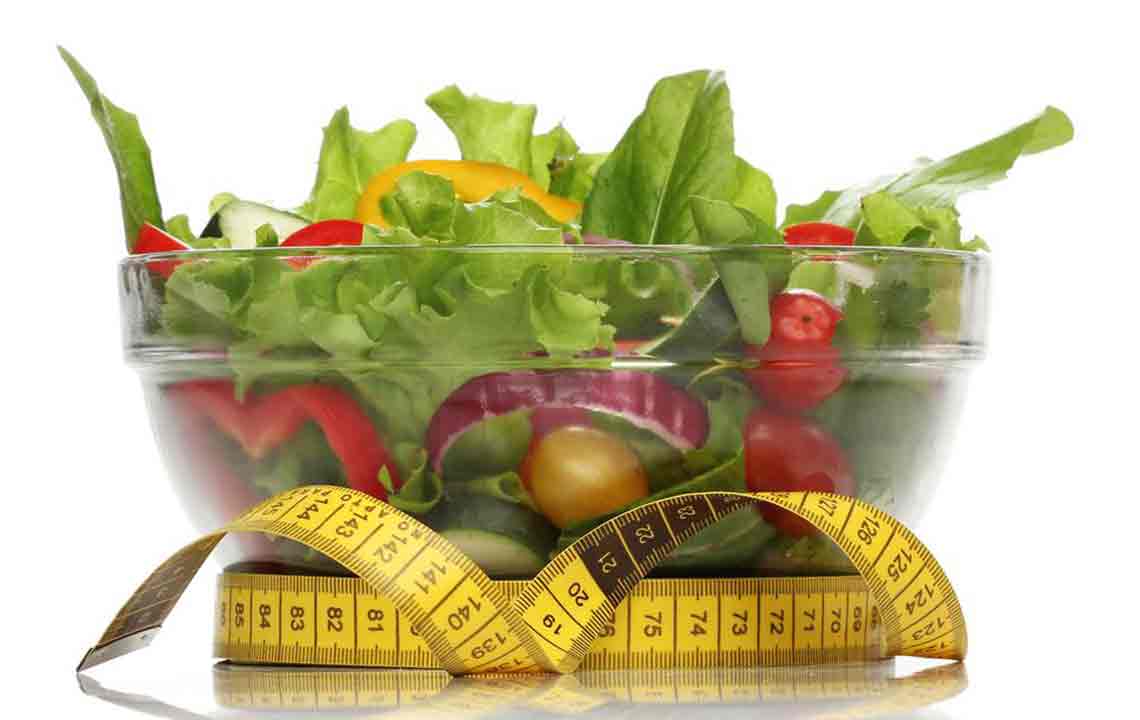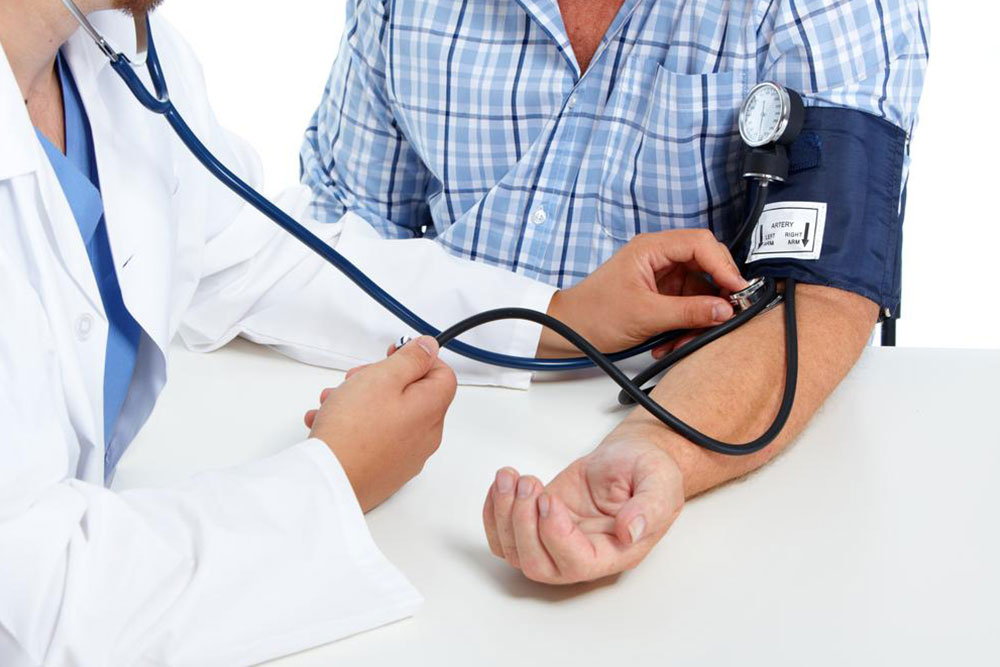Effective Dietary Strategies for Managing Hypertension
Discover effective dietary strategies to control high blood pressure through the DASH plan, including foods to avoid and include. Lifestyle modifications like exercise, reducing salt, and choosing heart-friendly foods are crucial. Consult a dietitian for personalized advice to manage hypertension and improve overall health. Maintain a balanced diet with fruits, vegetables, lean proteins, and low-fat dairy to support blood pressure regulation naturally.

Dietary Choices to Control High Blood Pressure
The Dietary Approaches to Stop Hypertension (DASH) emphasizes eating plenty of fruits, vegetables, whole grains, fish, poultry, nuts, legumes, and low-fat dairy. Our diet significantly influences our health, and adopting nutritious eating habits alongside regular exercise can prevent and manage health issues.
Understanding Hypertension or Elevated Blood Pressure Hypertension occurs when blood exerts excessive pressure against artery walls consistently, straining the heart and vessels, which can lead to cardiovascular and kidney problems.
Factors Contributing to High Blood Pressure Age, genetics, climate, certain medications, obesity, smoking, alcohol use, high salt or fat intake, stress, diabetes, and pregnancy are common contributors. Identifying precise causes is challenging, but hypertension remains widespread today.
Medications for Hypertension Management Doctors may prescribe drugs to control high blood pressure; however, these can have side effects and do not cure the condition. They may also lead to dependence, making consistent medication intake crucial.
Natural Approaches to Managing High Blood Pressure Adopting a healthy lifestyle, including regular exercise and a targeted diet, can help control and potentially lower hypertension long-term. Here are dietary modifications that can support this goal.
Foods to Avoid in a Hypertension-friendly Diet:
Deli meats
Frozen pizzas
Pickles
Canned soups
Bottled tomato products
High salt or sodium levels in processed or preserved foods can sharply elevate blood pressure. Just one serving can contain harmful amounts of salt.
Other foods to limit or avoid include:
Sugar and sweetened beverages, which can lead to obesity and hypertension.
Chicken skin, full-fat dairy, red meats, and butter due to their saturated fat content.
Caffeinated drinks like coffee, soda, and tea, which can cause temporary blood pressure spikes.
Alcohol, which can acutely increase blood pressure and contribute to chronic issues if consumed excessively.
Foods to Incorporate in a Hypertension Control Diet:
Green leafy vegetables such as lettuce, arugula, spinach, and turnip greens, rich in potassium to help eliminate excess sodium.
Blueberries and other berries, containing flavonoids that may help lower blood pressure.
Red beets, high in nitric oxide, aiding blood vessel dilation and pressure reduction.
Skim milk and yogurt, good calcium sources that are low in calories and beneficial for blood pressure regulation.
Oatmeal, low in fat and sodium, high in fiber, supporting cardiovascular health.
Fatty fish like salmon and mackerel, rich in omega-3 fatty acids that help reduce hypertension.
Unsalted seeds such as sunflower, pumpkin, and squash seeds, packed with potassium and minerals that aid in blood pressure control.
Consistently following these dietary recommendations, alongside lifestyle modifications like reducing sodium and trans fats, can significantly improve hypertension management. Consulting a dietitian for a personalized meal plan is advisable.










